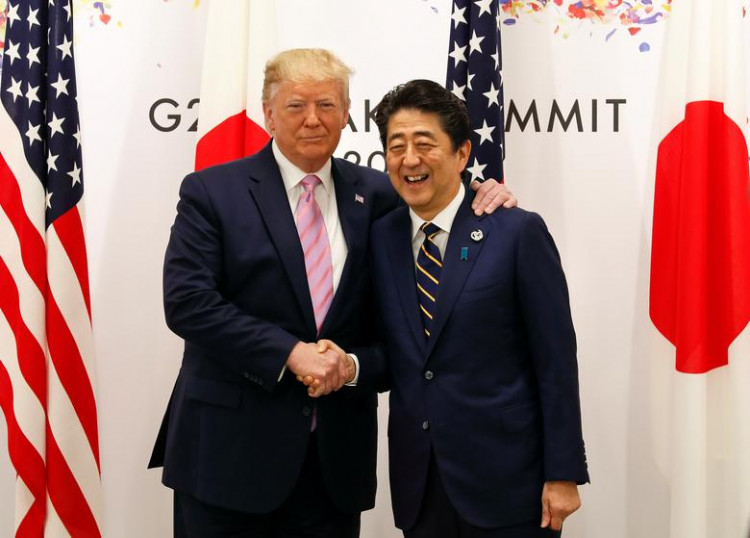Japan, the third-biggest economy in the world, saw a fall in exports in September for the 10th straight month. Exports dropped by 5.2 percent year-over-year, the Ministry of Finance said.
Japanese exports dropped by 2.3 million in terms of volumes between January and September. In comparison, exports dropped by 1.5% year-on-year relative to a median estimate of 2.8%.
The country's economy reported a monthly trade deficit of about 123 billion yen, relative to an average 54 billion yen trade surplus.
In terms of volume, imports rose by nearly 7 percent mainly due to front-loading demand prior to Japan's government hiking consumption tax to 10 percent from 8 percent on October 1.
Lower volumes of automotive parts shipped to the United States and semiconductor production equipment headed to South Korea contributed largely to Japan's disappointing performance in September.
In fact, overall export levels for automotive parts had declined by 14.6 percent along with a fall of almost 13 percent for semiconductor equipment production.
In the meantime, trade disputes between China and the United States have dealt a blow to the economies of China. In almost three decades, the country's third-quarter economic growth has fallen to its lowest.
Thanks to a slump in China's exports, analysts were apprehensive about decreasing demand. As a consequence, Japan's exports to its largest trading partner - China - fell in September by 6.7 percent year-on-year, representing the seventh month of a downturn.
Increases in digital chip exports of semiconductors in Japan have been compensated by a fall in auto parts export rates to China.
Meanwhile, from January to September 2019, Japanese exports to the United States declined by 7.9 percent, largely due to reduced car shipments over 3,000cc along with aircraft engines and parts.
Japan's imports from the United States fell by 11.6 percent in September. Naturally, Japan's trade surplus with the US contracted by 3.6 percent year-on-year to 564.2 billion yen ($5.2 billion).
Japan and the US inked a restricted trade agreement in September that reduces taxes on US farm produce, Japanese machinery, and other products while further trimming down the threat of soaring US car tariffs.
Despite Trump making relentless threats to support his "America First" policy, a decline in global economic growth is being noted. Countries such as China, India, Mexico, and Turkey have during the past years felt the pressure of Trump's trade-related tactics.
This has contributed to stronger currencies, slow economic growth, and at the receiving end cut growth forecasts for the economies. Notably, from January to September 2019, Asia-bound shipments, accounting for more than 50 percent of Japan's total exports, dropped 7.8 percent.






